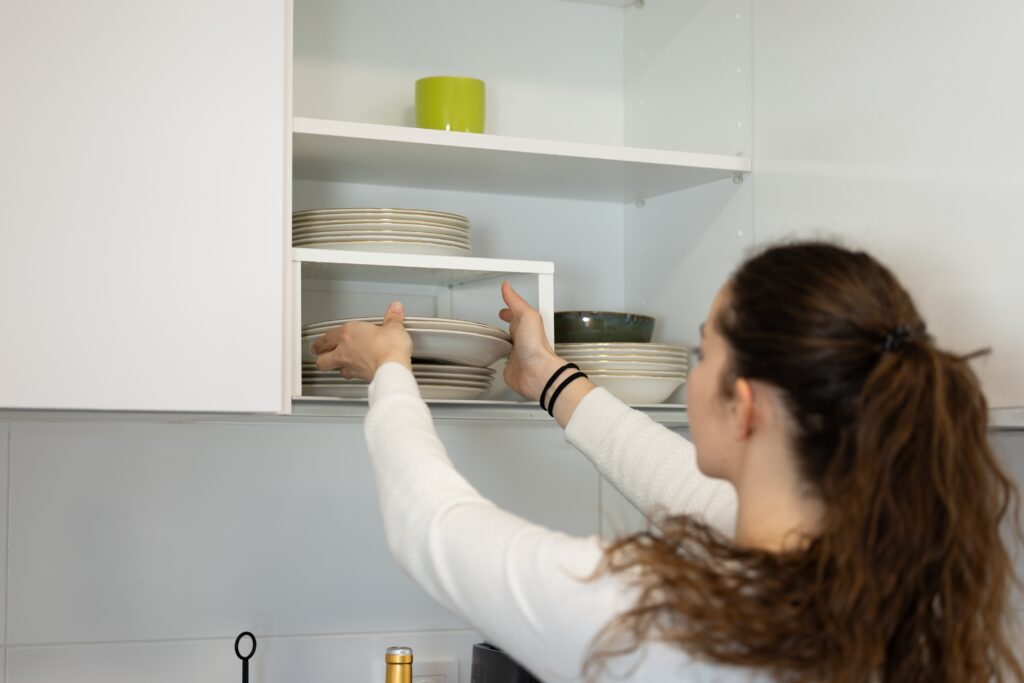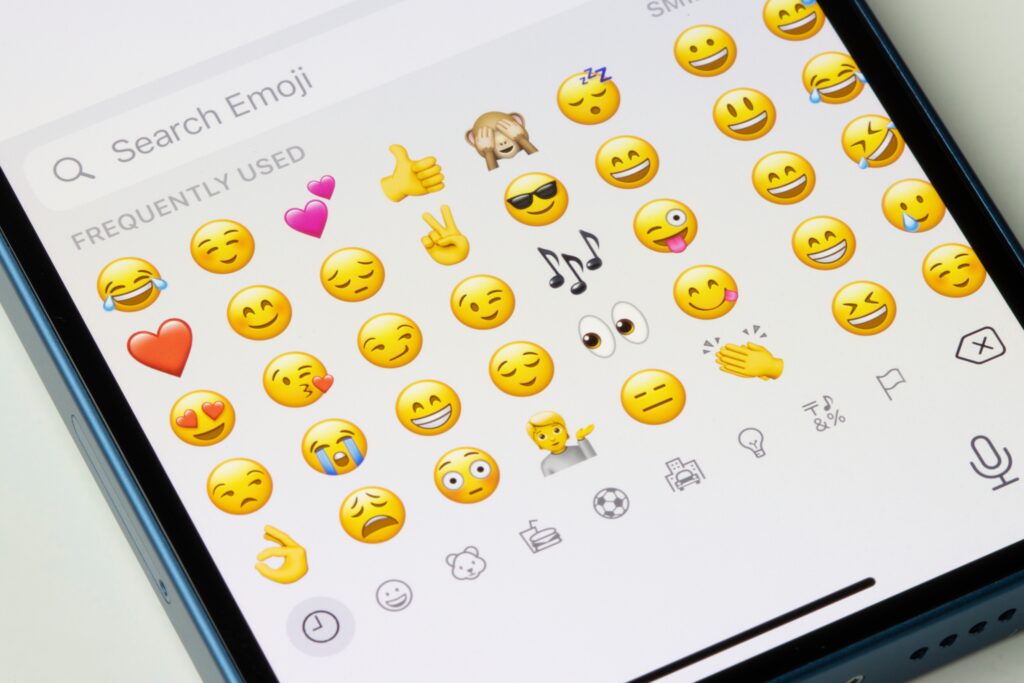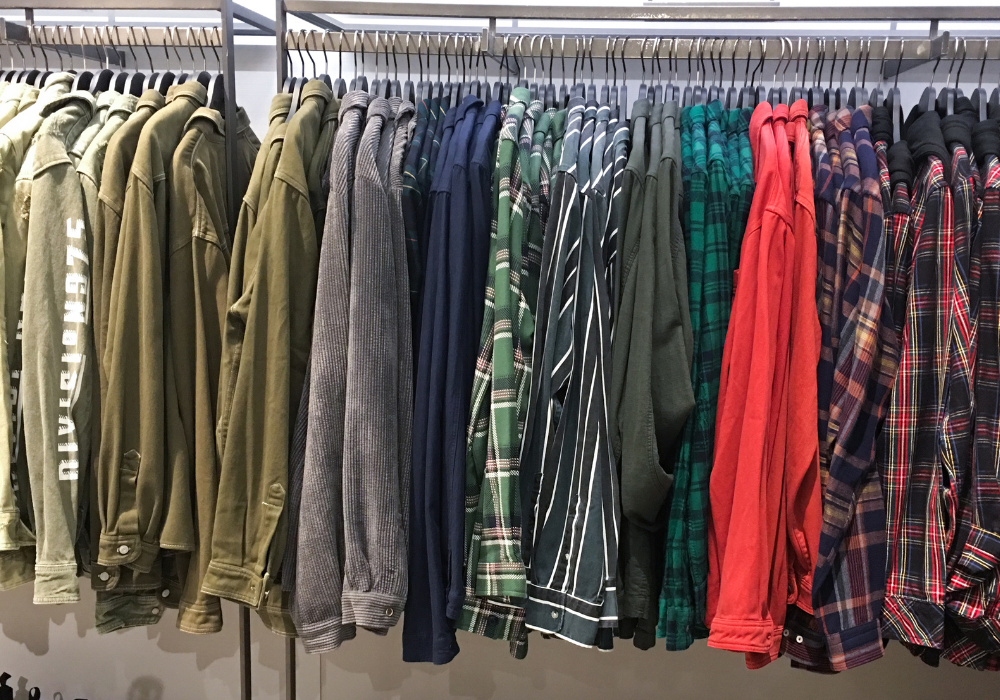These seemingly harmless habits uncover hidden truths about your personality that even you might not realize.

You may not give them much thought, but the little things you do without even thinking—the way you answer a text, organize your dishes, or grab your coffee—are tiny windows into who you are deep down. We often assume our personality is shaped by the big stuff, like career choices or relationships, but the real clues hide in the everyday patterns we barely notice.
Some of these habits are amusing. Others are oddly revealing. But all of them serve as mini psychological tells—hints about how you move through life, make decisions, and relate to people. So, if you’ve ever been curious about the hidden messages your daily behavior might be sending, here’s your chance to find out what your small habits are really saying about the real you.
1. The Way You Hold Your Phone Reveals Your Confidence Level

The next time you pick up your phone, pay attention to how you’re holding it. Are you clutching it close, gripping it like you might drop it—or are you barely holding on, swiping casually with one hand? People who hold their phones loosely often give off an air of ease and self-confidence, researchers from NIH shared. They’re relaxed, maybe even carefree, and usually comfortable in social settings.
On the other hand, a tight grip or two-handed hold might reveal a more cautious, deliberate nature. This doesn’t mean you lack confidence—it might just mean you prefer control and like to stay grounded. How you handle something as common as a phone can quietly mirror how you approach uncertainty, interaction, and even independence.
2. How You Take Your Coffee Speaks Volumes About Your Priorities

Your coffee order might say more about your personality than you think. If you reach for plain black coffee, you’re probably someone who values efficiency, directness, and function over flair. You like to get straight to the point and keep things simple.
Latte drinkers, on the other hand, often appreciate comfort and a little indulgence, as stated by Val Hue of The Coffee Guru. You enjoy treating yourself and may prioritize self-care. Then there are the people with complex, custom-made orders—they often crave control and have a perfectionist streak. Whether it’s an iced oat milk caramel macchiato or a plain espresso shot, your coffee ritual reflects how you handle your mornings—and your mindset.
3. Your Email Response Time Shows How You Handle Pressure

When that little notification pops up, what’s your move? Do you respond within minutes, or let it sit for hours—maybe even days? Quick responders usually feel a strong need to stay on top of things. They might thrive in fast-paced environments and feel a sense of control when their inbox are tidy.
Slower responders could either be overwhelmed or just incredibly chill., as mentioned by writers at Org Guide. If you take your time replying, it might mean you’re not easily rattled by urgency—or that you prioritize other tasks first. Either way, your inbox behavior offers an interesting peek into your time management, emotional bandwidth, and stress response.
4. The Way You Handle Lost Items Reveals Your Problem-Solving Style

Losing your keys or wallet is never fun—but how you react speaks volumes. Do you instantly retrace your steps in a methodical search, or do you freeze in panic and then frantically tear the place apart? A calm, systematic approach usually signals a logical, grounded mindset.
If you get flustered quickly, it might mean you’re more emotionally reactive—or perhaps someone who doesn’t function well under pressure. People who laugh it off and move on might be more adaptable. This tiny moment of frustration actually shines a bright light on your coping mechanisms and how you manage uncertainty.
5. How You Stack Your Dishes Shows Your Need for Order

When it’s time to load the dishwasher or clean up after a meal, what’s your go-to method? If you stack plates neatly by size, align silverware, and organize everything just so, you likely crave structure and have a detail-oriented personality. You like things in their place and get a sense of calm from visual order.
But if you tend to toss dishes in without a second thought, you might be more spontaneous, relaxed, and unconcerned with rigid systems. It doesn’t mean you’re messy—it could mean you value time and freedom over perfection. Even in the kitchen, your habits say something about your inner landscape.
6. The Tone of Your Texts Reveals Your Emotional Awareness

Some people treat texting like an art form—complete with emojis, gifs, and punctuation that expresses tone. These texters are often emotionally aware, expressive, and enjoy making others feel connected. They think about how their words land and try to add personality to a flat screen.
Others keep it strictly functional—short replies, no frills, minimal response. This doesn’t mean they’re cold or uninterested. It could reflect a preference for clarity, privacy, or a no-nonsense attitude. Your texting voice is more than just digital etiquette—it’s a reflection of how you engage emotionally, especially when words are all you’ve got.
7. How You Walk Into a Room Shows Your Social Comfort

There’s a quiet message in how you enter a space. Do you stroll in with your head high, making eye contact and heading straight for a seat? That confident stride often reflects someone who’s socially assured, open to connection, and maybe even enjoys being the center of attention.
If you tend to pause at the entrance, scan the room, or hesitate before choosing a spot, you might be more observant, cautious, or introverted. You’re not antisocial—you just like to gauge the vibe first. This simple moment of entry reveals how you protect your energy and manage social dynamics.
8. The Way You Handle Interruptions Reveals Your Patience

Life rarely goes as planned, and how you react when things get disrupted can be incredibly telling. If someone cuts you off mid-sentence or an unexpected noise breaks your flow, do you take it in stride—or does it instantly annoy you? Patient people tend to roll with interruptions, seeing them as part of life’s messiness.
Others might get visibly irritated or flustered, especially if they’re deep in focus. That reaction isn’t necessarily a flaw—it could show a strong value for boundaries or time. But the way you react in those brief interruptions paints a picture of your emotional flexibility and tolerance for chaos.
9. How You Arrange Your Closet Reflects Your Decision-Making Style

Open your closet and take a look. Are your shirts color-coded, your shoes lined up perfectly, and your hangers all facing the same way? If so, chances are you’re decisive, organized, and maybe a bit of a planner. You like to know where things are—and probably where life is headed, too.
If your closet looks like a laundry tornado hit it, you may be more spontaneous, creative, or simply focused on things beyond aesthetics. Some people thrive in visual order, while others find freedom in the mix. Either way, your closet can be a surprisingly accurate mirror of how you make daily and long-term decisions.
10. Your Grocery Shopping Style Shows How You Plan Ahead

The way you tackle the grocery store is more revealing than it seems. Do you march in with a categorized list, hitting every aisle with purpose? That kind of structure often points to someone who values preparation, avoids surprises, and likes to stay on budget.
If you wander the aisles, making decisions on the fly, grabbing what looks good—you’re probably more in-the-moment and flexible. You enjoy spontaneity and are less attached to routines. Whether you’re a planner or an improviser, your cart tells a story about how you face life: with structure, freedom, or a blend of both.
11. How You React to Compliments Reveals Your Self-Worth

Receiving a compliment should be easy, but for many people, it’s awkward. Do you smile, say thank you, and let it land—or do you deflect, minimize, or make a self-deprecating joke? People who accept praise with grace often have a stable sense of self-worth and believe they deserve kindness.
Those who squirm might still be growing into that belief. Downplaying compliments can suggest humility, but it may also reveal discomfort with being seen or acknowledged. How you respond in those few seconds can speak volumes about your inner dialogue and how you relate to affirmation.
12. Your Favorite Seat at the Table Exposes Your Social Role

Every group gathering has a hidden pecking order—and your preferred seat often gives it away. If you consistently choose the head of the table or a central seat, you may naturally take on a leadership role. You feel comfortable in visibility and may like to guide the flow of conversation.
If you drift toward the edges or corners, it might mean you prefer observing, supporting, or listening. That doesn’t make you passive—it could mean you’re a steady presence in the background. Where you sit may seem like a small choice, but it reveals how you fit into a group’s energy and hierarchy.
13. How You Keep Your Workspace Shows Your Mental State

Look around your workspace—whether it’s a desk, a kitchen counter, or even your car. Is it clean and orderly, or cluttered with notes, cords, and to-do lists? A tidy space often signals someone who likes clarity, structure, and control over their environment. You might feel most productive when your surroundings are calm.
A cluttered space can point to high creativity or simply a fast-moving mind. Some people thrive in visual stimulation, and their mess is actually a system only they understand. Whatever your style, your workspace is like a mind map—how it looks on the outside often reflects what’s going on internally.
14. The Way You End a Conversation Reveals Your Empathy

Wrapping up a conversation seems simple, but it’s where your true character can shine. Do you end with a kind word, express appreciation, or leave someone with a smile? Those who close conversations warmly often have high emotional intelligence and care about how others feel even after the interaction ends.
If you tend to cut things off abruptly, it might show you’re direct—or that your mind’s already moved on. Not everyone is wired for chit-chat, but the way you exit can leave a lasting impression. Ending well signals empathy, and sometimes, it matters even more than how you began.
